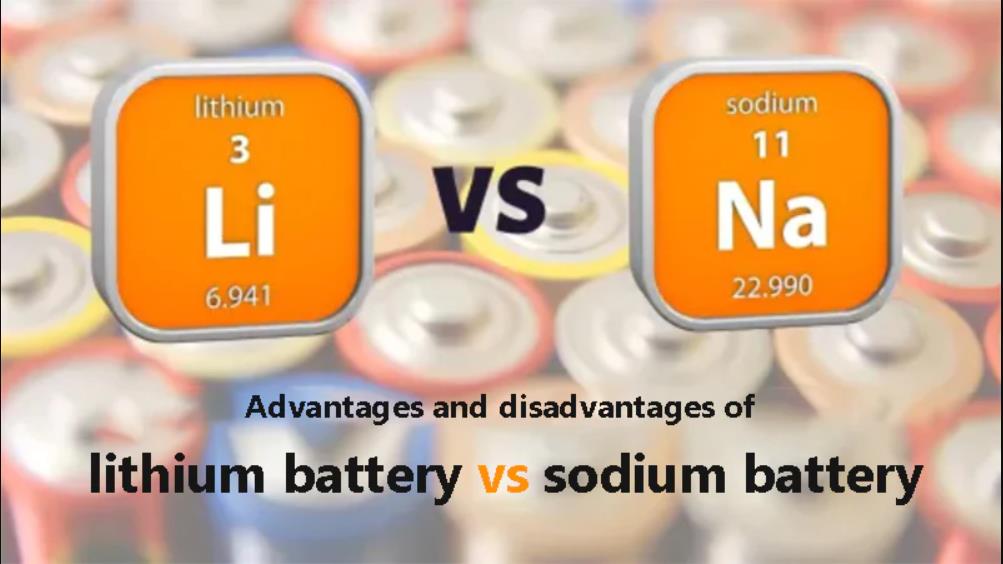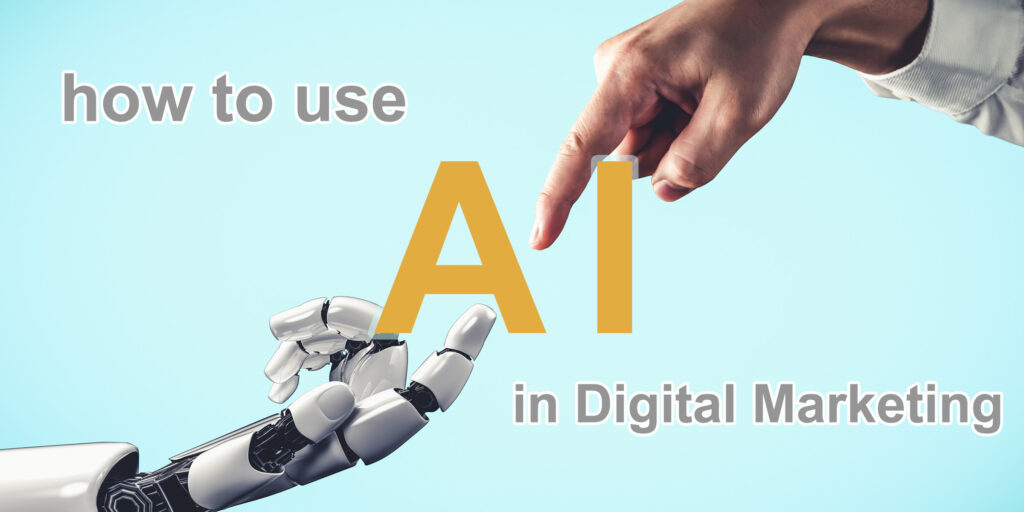In the race to find sustainable energy storage solutions, one topic has been at the forefront of discussions: “Sodium-ion battery vs lithium-ion battery.” The global reliance on lithium-ion batteries, particularly for electric vehicles and grid storage, has underscored the need for alternative and sustainable battery technology. Among the contenders, sodium ion battery technology is emerging as a viable alternative. With companies like CATL diving into the sodium ion battery market, the question that arises is: Will sodium batteries replace lithium batteries in the future?
Why Sodium?
To answer this, we first need to understand why the sodium ion battery is gaining traction. Sodium, being abundant and widely distributed, offers a significant advantage over lithium. Its availability reduces dependencies on specific geographies, leading to potential price stability and increased accessibility for manufacturers worldwide.
Moreover, sodium battery technology promises a lower environmental impact compared to lithium-based counterparts. As the demand for electric vehicles (EVs) and renewable energy storage increases, the sustainability and ecological footprint of battery production become even more critical.

CATL's Foray into Sodium Technology
The recent announcement of the CATL sodium ion battery is a testament to the technology’s potential. As one of the world’s largest battery manufacturers, CATL’s exploration into sodium-based batteries indicates significant faith in the technology. The CATL sodium ion battery claims to bridge some performance gaps that have traditionally hampered sodium battery technology, such as reduced energy density compared to lithium-ion batteries.
This move by CATL is expected to catalyze the sodium ion battery for sale market, paving the way for rapid commercialization and adoption of sodium-based batteries in various applications.
Sodium-ion battery vs lithium-ion battery: The Technical Face-Off
While lithium-ion batteries have dominated the market for years due to their high energy density and reliability, they’re not without their shortcomings. Concerns like resource depletion, high costs, and safety risks, especially regarding thermal runaway incidents, pose challenges.
On the other hand, sodium ion battery technology promises several advantages:
Abundance of Material: Sodium is more abundant than lithium, making it a more sustainable choice in the long run.
Safety: Sodium ion batteries have a higher thermal stability, which could reduce the risks of fires and explosions.
Cost-efficiency: With increased accessibility to raw materials and potential for scalability, sodium-based batteries might become more cost-effective in the long run.
However, challenges remain. The energy density of current sodium ion battery designs is generally lower than that of lithium-ion. This means, for now, that EVs powered by sodium might not travel as far on a single charge. There’s also the issue of cycle life, with lithium-ion currently taking the lead.
Market Potential
With the CATL sodium ion battery entering the scene and other manufacturers exploring sodium ion battery for sale, we are on the brink of a potential market shift. While early adopters and niche segments might first embrace the technology, widespread adoption will require advancements in energy density and cycle life.
That said, for stationary applications like grid storage, where energy density isn’t as critical as in EVs, sodium-based battery solutions could find an immediate market.
The Interplay: Lithium Sodium Battery Innovations
A fascinating twist in this narrative is the exploration of lithium sodium battery combinations. By leveraging the best of both elements, researchers aim to create hybrid batteries that can potentially overcome individual drawbacks. These lithium sodium battery designs could combine the high energy density of lithium with the abundant availability and safety features of sodium.
To Conclude
The debate on “Sodium-ion battery vs lithium-ion battery” is not about one completely replacing the other. Instead, it’s about diversifying our energy storage options to make them more sustainable, accessible, and adaptable to different needs.
While the lithium-ion battery isn’t going anywhere soon, the rise of the sodium ion battery, spearheaded by giants like CATL, showcases the industry’s dynamism. As research progresses and sodium ion battery for sale markets mature, we might find a world where both coexist, catering to different niches and requirements.
Visit Nadion Energy for more information.





